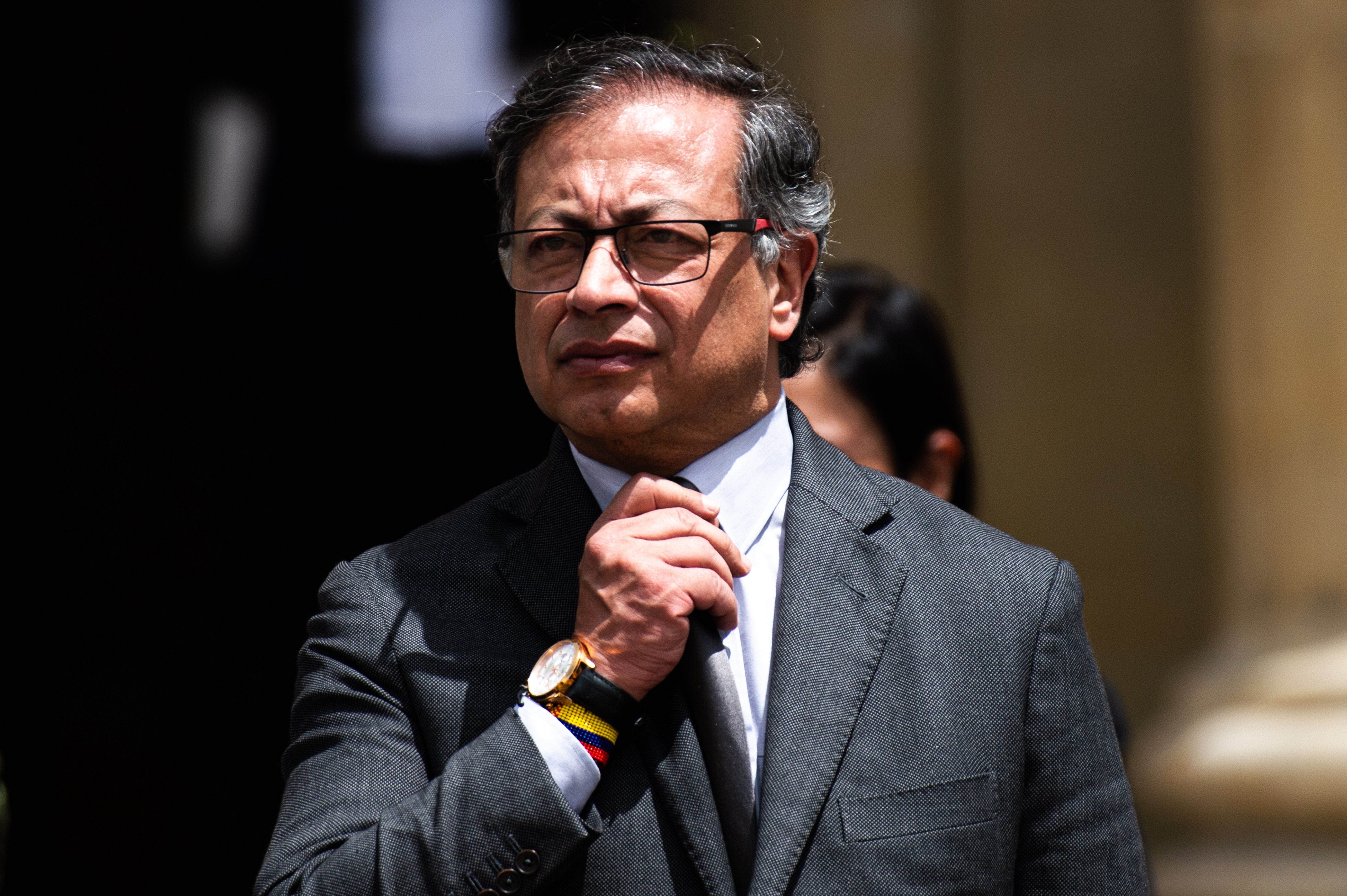Hard Numbers: Colombia ceasefire, Barbie ban, Libyan crude concerns, Holland vs. Smartphones
9: Ken, do something! Barbie has managed to wade into the choppy waters of geopolitics, as Vietnam has banned the new Warner Bros’s film because a scene shows a map reflecting China’s side of a territorial dispute with Vietnam. At issue is the infamous “nine-dash line,” which Beijing uses on maps of the South China Sea and which takes in islands and waters that at least half a dozen other countries dispute. International arbitration deemed the nine-dasher illegitimate in 2016 — but Beijing is unmoved.
1.2 million: Libya’s output of 1.2 million barrels of oil per day is in peril amid escalating disputes over revenue-sharing between the divided country’s rival power centers. Most production is located in the East, controlled by General Khalifa Haftar, a warlord backed by Egypt, the UAE, Saudi Arabia, and Russia. But revenues are clocked and distributed by the UN-recognized government in Tripoli. Haftar says a fair agreement has to be reached within two months or he’ll launch a fresh offensive.
0: Under a new Dutch government rule that takes effect next year, schools will allow zero smartphones, tablets, or similar devices in classrooms. “Mobile phones are intertwined with our lives,” said the education ministry, “[but] they do not belong in the classroom.” Fair enough, Dutch students probably shouldn’t be reading GZERO Daily during class anyway. See you at lunchtime!
